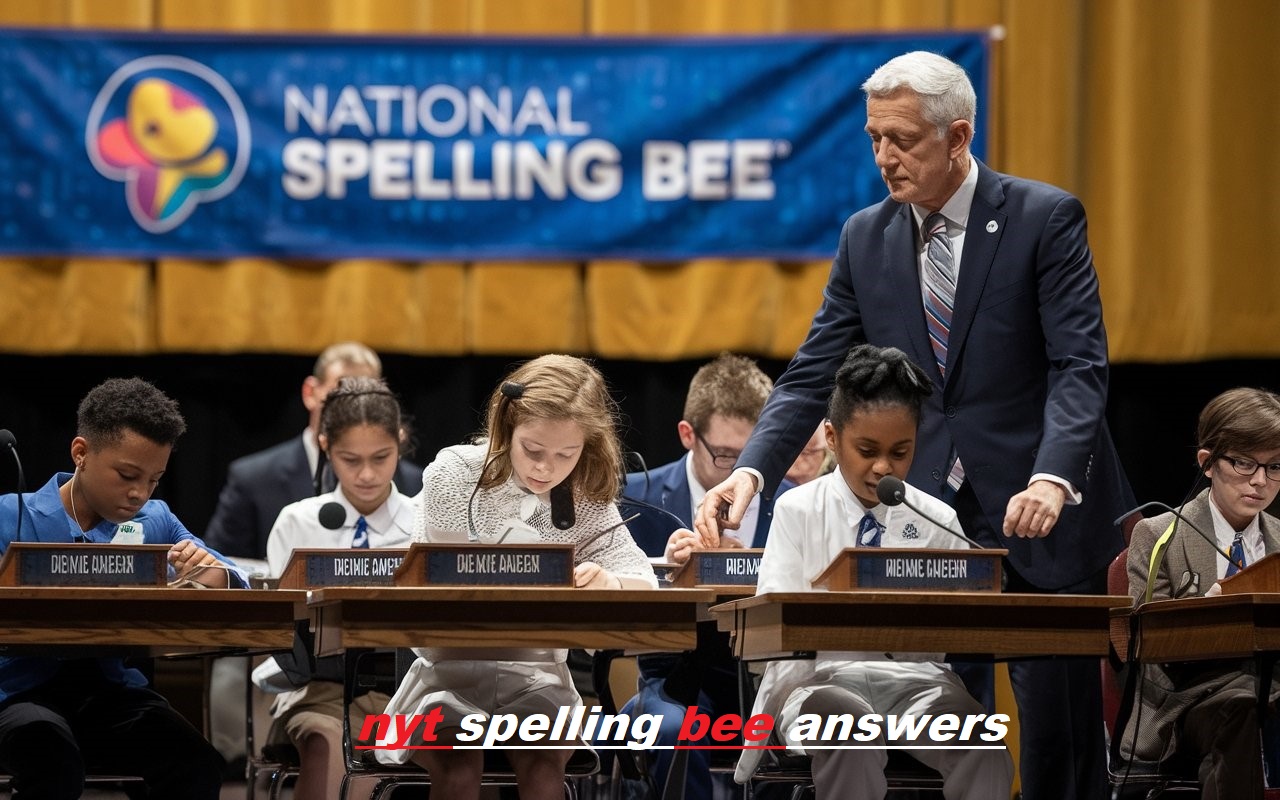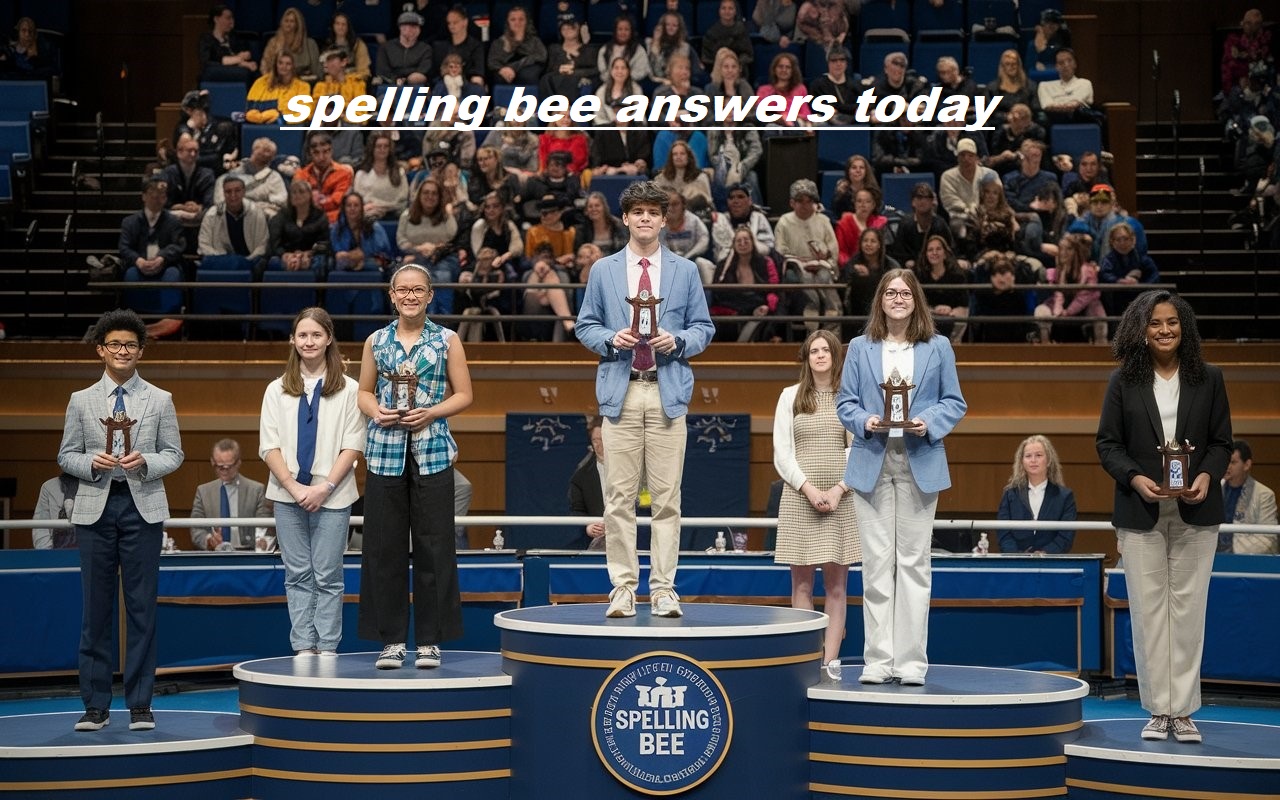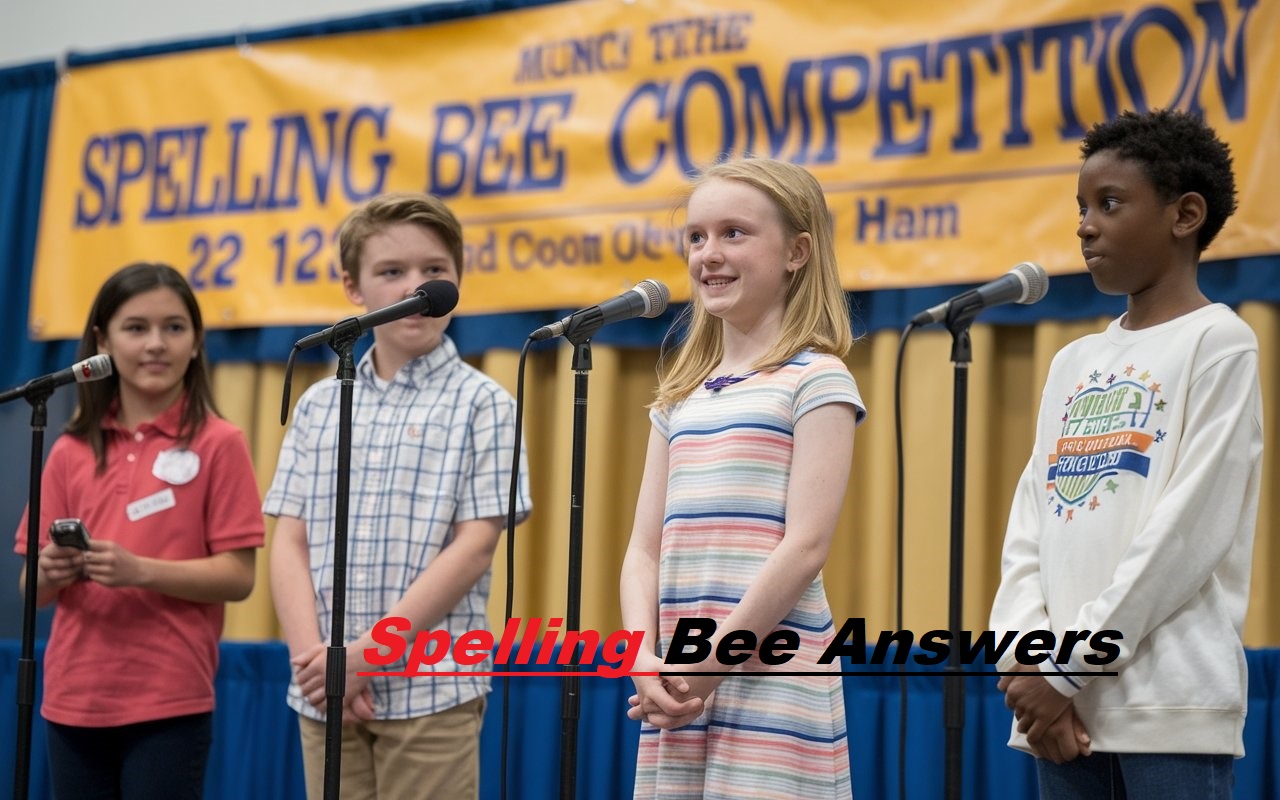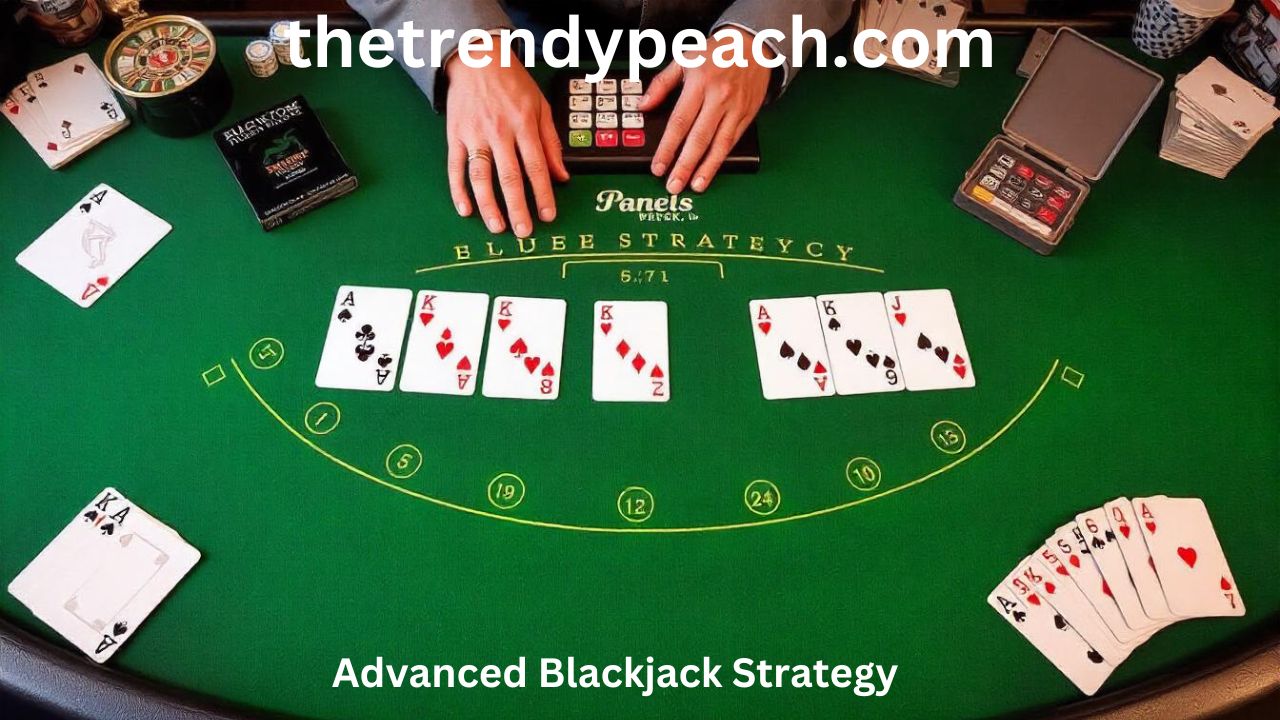Spelling bees have captivated audiences for decades, blending linguistic prowess with competitive spirit. Whether you’re tackling classroom competitions or the New York Times Spelling Bee answers, finding the right answers is critical to excelling. This article unveils the secrets to mastering spelling bees, provides actionable strategies, and delivers insights into preparing effectively for every level of the challenge.
What Are Spelling Bee Answers?
Spelling bee answers refer to the correct spellings of words presented during competitions. Participants must accurately spell complex or unfamiliar words to progress. The art of finding answers lies not just in rote memorization but also in understanding linguistic roots, phonetics, and patterns.
The Importance of Spelling Bee Answers
Accurate answers reflect more than memorization—they symbolize cognitive sharpness, attention to detail, and linguistic mastery. Spelling bees inspire participants to delve into etymology, enhancing vocabulary while fostering a love for words.
Key Benefits of Spelling Bee Mastery:
- Improved language skills.
- Enhanced memory and cognitive capabilities.
- Boosted confidence and public speaking skills.
How to Find Spelling Bee Answers?

Finding spelling bee answers involves a mix of preparation and real-time problem-solving. Here’s a guide to help you get started:
1. Study Word Lists
Word lists are curated compilations of commonly asked words. Regularly reviewing these lists helps build familiarity with tricky terms.
2. Understand Language Roots
Breaking words into roots, prefixes, and suffixes can unveil their meanings and spellings. For example:
- Latin Root: scrib means “write” (e.g., describe, manuscript).
- Greek Prefix: anti- means “against” (e.g., antibiotic, antidote).
3. Use Digital Tools
Apps like Spelling Bee Buddy or websites like Merriam-Webster offer interactive learning for mastering word spellings.
Spelling Bee Answers for the NYT Puzzle
The New York Times Spelling Bee has gained immense popularity as a daily challenge. Participants must form words using a central letter and several outer letters. Solutions often follow patterns and rely on creative thinking.
Tips to Crack NYT Spelling Bee Answers:
- Focus on the central letter: Every word must include it.
- Target pangrams: Words using all available letters yield maximum points.
- Build from short words: Start with two- or three-letter combinations.
Daily Habits to Sharpen Your Spelling Skills

4. Read Regularly
Books, articles, and even crossword puzzles expose you to new words and their usage.
5. Practice Writing
Writing words reinforces memory through active recall. Dictation exercises can also enhance your auditory skills.
6. Play Word Games
Engage in Scrabble, Boggle, or Words With Friends to turn learning into fun.
7. Review Misspelled Words
Create a “missed words” notebook and revisit it weekly to ensure improvement.
Common Mistakes in Spelling Bee Answers
Participants often stumble due to phonetic traps, homophones, and regional accents. Examples include:
- Affect vs. Effect
- Their vs. There
- Separate (commonly misspelled as “seperate”)
FAQs
How do I prepare for a spelling bee?
- Use word lists, practice pronunciation, and understand language roots to develop a strong foundation.
What is the best way to remember complex words?
- Break words into parts, associate them with meanings, and use mnemonic devices.
Can spelling bees improve my vocabulary?
- Absolutely! Spelling bees enhance vocabulary and help you learn new terms in depth.
What are pangrams in the NYT Spelling Bee?
- Pangrams are words that use all the given letters in a spelling bee puzzle, yielding high scores.
How often should I practice for spelling bees?
- Daily practice of at least 30 minutes is recommended for consistent improvement.
Is it necessary to know word origins for a spelling bee?
- Understanding word origins is crucial for deducing spellings and meanings of unfamiliar words.
Conclusion
Mastering spelling bee answers is a journey of persistence, learning, and strategic practice. Whether you’re tackling the New York Times Spelling Bee or competing in a national championship, honing your skills will unlock linguistic potential and boost your confidence. Start small, stay consistent, and enjoy the thrill of word mastery!









